Chapter 29
America in the 21st Century
By Boundless
Globalization refers to the process of international integration with regards to both culture and trade.
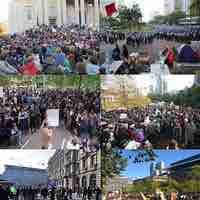
While proponents argue globalization is beneficial to economic growth, opponents argue that it contributes to global inequality.

The internationalization of the United States has become apparent through the processes of free trade, outsourcing, exporting of American culture, and immigration.
George W. Bush's two terms in office were characterized by a socially conservative agenda, the U.S. response to the 9/11 attack, and the Iraq War.
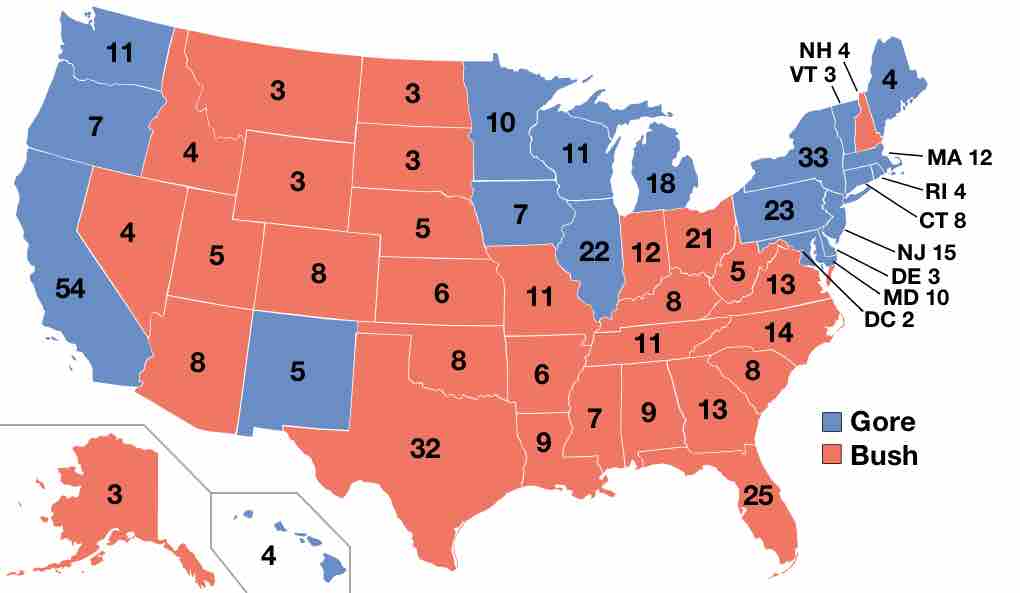
In the disputed and extremely close 2000 presidential election, Democratic candidate Al Gore lost to Republican George W. Bush.
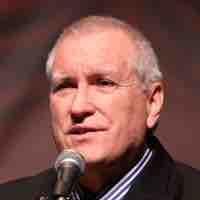
In "compassionate conservatism," a philosophy espoused by President George W. Bush, conservative techniques are thought to improve the welfare of society.
The Bush administration was often criticized for discounting the human influence on global warming and refusing to sign the Kyoto Protocol.
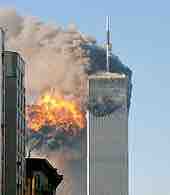
The attacks against the United States on September 11, 2001 led to a restructuring of the U.S. government and the initiation of the War on Terror.
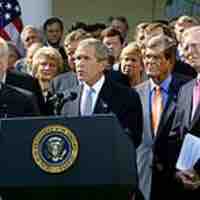
The United States invaded Afghanistan in 2001 and then Iraq in 2003, justifying both as part of the ongoing "War on Terror."
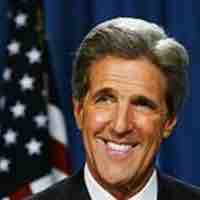
In the 2004 presidential election, incumbent President George W. Bush was elected for a second term when he narrowly defeated Democratic candidate John Kerry.
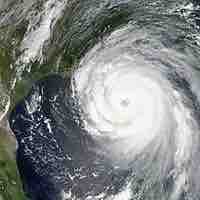
In 2005, Hurricane Katrina caused extensive damage and the deaths of thousands of people along the Gulf Coast, particularly in New Orleans.
The 2008 global financial crisis was caused by widespread corporate fraud and risky loans and resulted in foreclosures, bank bailouts, and a global recession.
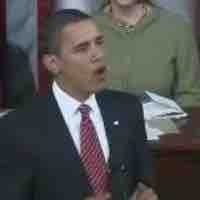
As President, Barack Obama addressed a global financial crisis, legislated health care reform, and sharply reduced military commitments in Iraq and Afghanistan.
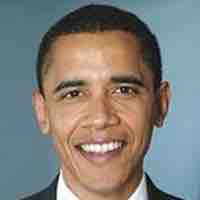
In the United States presidential election of 2008, Democrat Barack Obama defeated Republican John McCain.
While Obama initiated a stimulus package to pump money into the weakened economy, protesters voiced their dissatisfaction with the growing income gap.
In 2010, Obama signed the Affordable Care Act into law, initiating the first significant overhaul of the healthcare system since 1965.
While President Obama sharply reduced U.S. military commitments in Iraq and Afghanistan, armed conflicts still continue.
Barack Obama was re-elected President of the United States on November 6th, 2012, defeating Republican opponent Mitt Romney.
Even as President Obama won reelection in 2012, the U.S. government became increasingly divided between liberals and conservatives.
Several court ruling through the 21st century paved the way for marriage equality to be realized in 2015.
Originating in 2013 in response to police violence, the Black Lives Matter movement has raised awareness of institutionalized racism in the United States.
In addition to inheriting the Iraq and Afghanistan Wars, President Obama's foreign policy efforts included relations with Syria, Israel, and Cuba.